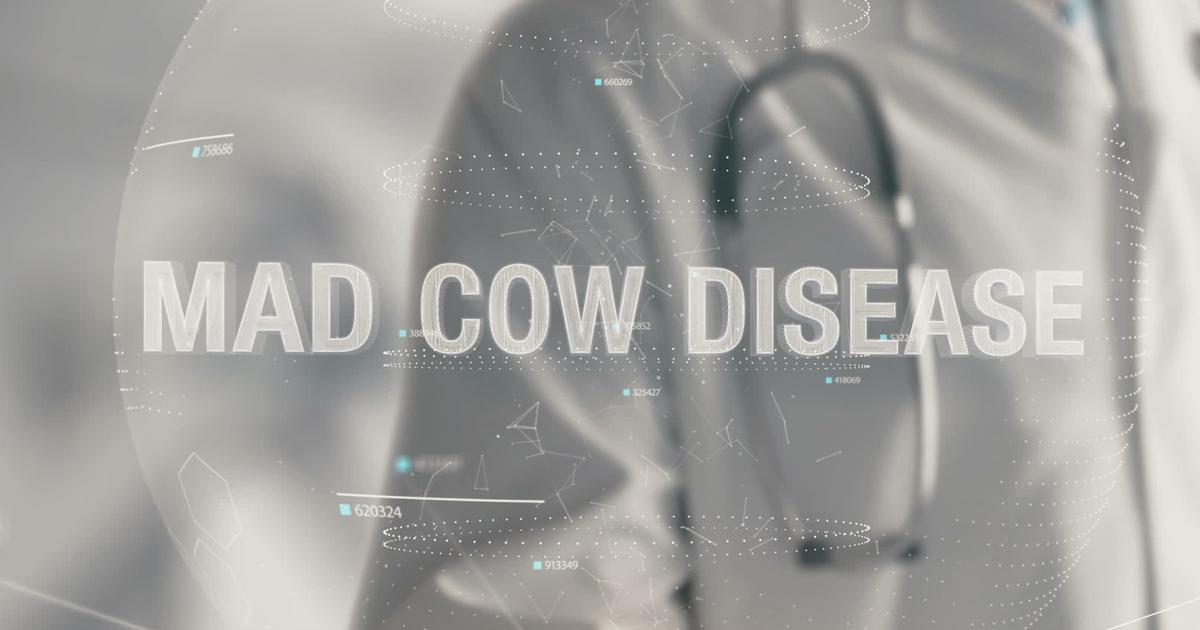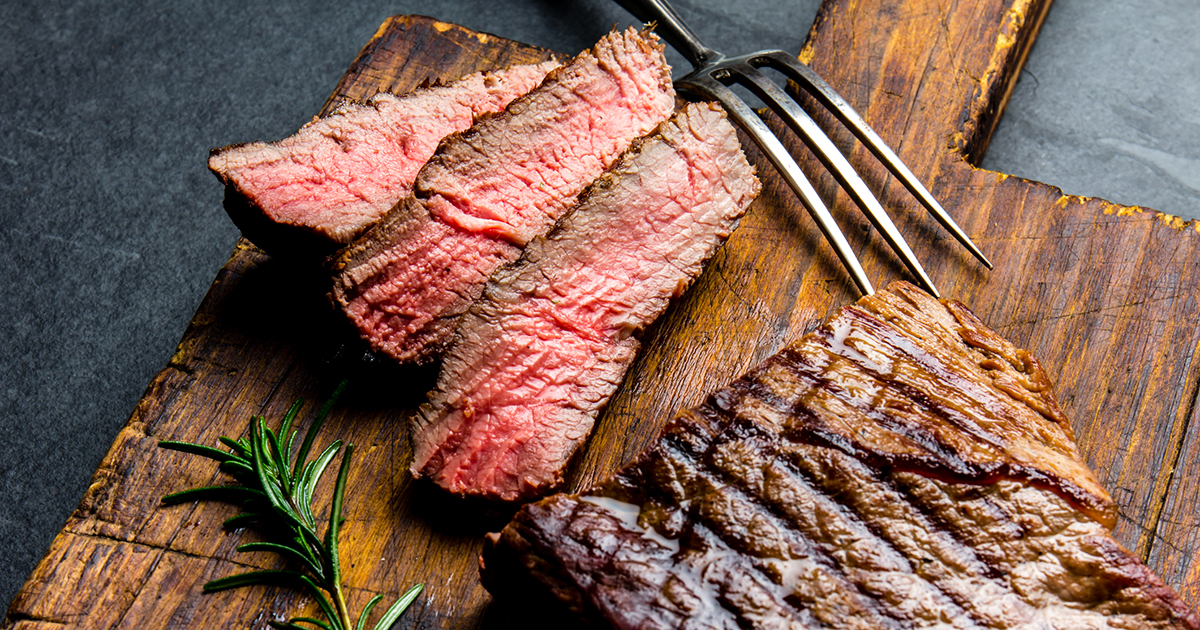Unbelievable Facts About Mad Cow Disease And Creutzfeldt-Jakob Disease
Mad cow disease, discovered in the 1980s, sparks a frenzy among meat eaters all over the world every time a new case is discovered. This condition was an epidemic among cows in the United Kingdom from 1986 to 2001. From 1993 to 2015 in the United States, there were twenty-four cases of bovine spongiform encephalopathy in cows and twenty in Canada. Statistics for humans with Creutzfeldt-Jakob disease, a similar condition from 1996 to 2014 recorded 229 cases in twelve countries, with the majority, 177, in the United Kingdom. France came second highest with twenty-seven cases, followed by Spain with five and the United States with four.
Several facts go unnoticed when the scare is heightened, but instead of adding to the fear factor, we are here to explain some myths and reveal the truth.
Humans Cannot Get Mad Cow Disease

Mad cow disease, which is also known as bovine spongiform encephalopathy (BSE), is quite often confused with the off-shoot of the disease contracted by cows called Creutzfeldt-Jakob disease (vCJD). It is vital to note while mad cow disease cannot be contracted by humans, vCJD can. The fatal disease in both cows and humans affects the nervous system, and in humans, serious symptoms include depression, loss of coordination, and dementia. A patient with this condition usually lives only thirteen months, and it is not until the later stages when brain abnormalities are detected.
Continue reading to learn more mad cow disease facts now.
Steak Is Safe

Since we know humans cannot contract mad cow disease, they will not get this condition from eating steak from a diseased cow. There are other risks involved in doing this, however, which is why red meat is pulled from grocery store shelves when an outbreak of mad cow disease does occur in cows. However, Creutzfeldt-Jakob disease can infect an individual if they consume the nerve tissue from the brain or spinal cord of an infected cow, but generally, those products are not widely available on grocery store shelves.
Uncover information on the symptoms of Creutzfeldt-Jakob disease next.
